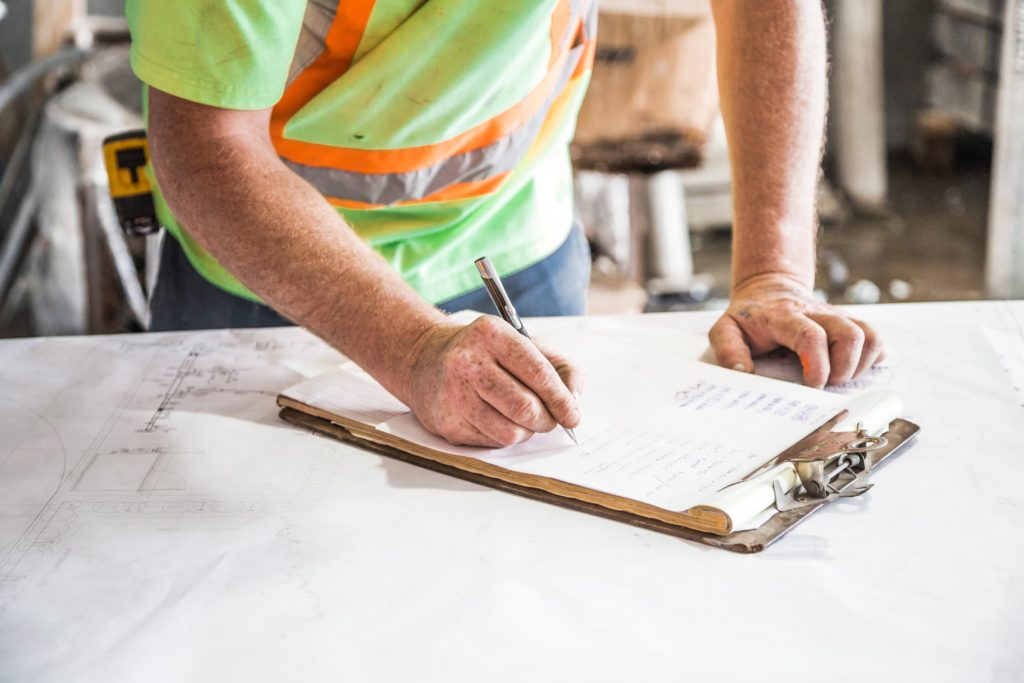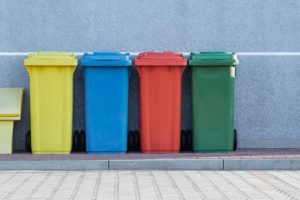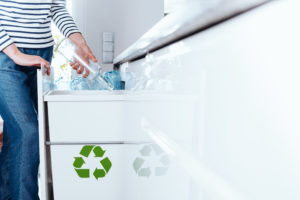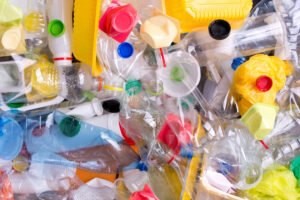
Blog
Innovation Spotlight: How Kraft Heinz is Making Major Strides Toward its Sustainability Goals
At Consumer Brands, we’re proud to represent the makers of the products consumers choose and the brands they trust. Part of that trust extends to the CPG industry’s commitment to building a more sustainable future through innovations in packaging emission reductions and contributing to the circular economy. It’s another way companies continue to deliver for consumers — and give back to the environment.
The Kraft Heinz Company shared big news at the nexus of job creation and taking a giant leap toward net-zero greenhouse gas emissions: the global brand has been selected for award negotiations by the U.S. Department of Energy’s Office of Clean Energy Demonstration to be granted up to $170 million to bolster its clean energy products across 10 of its U.S. plants.
The award will support, in part, “The Delicious Decarbonization Through Integrated Electrification and Energy Storage,” a Kraft Heinz project focused on reducing the selected plants’ annual emissions by a whopping 99% from 2022 levels — an integral piece of meeting its overall goal to meet net-zero emissions by 2050. The participating locations make a variety of the company’s food products, and the federal grant funding will support the rollout of the clean energy projects — which the company noted can “be replicated across a wide range of food and beverage manufacturers.”
In total, the award is estimated to help Kraft Heinz create upwards of 500 construction jobs, increase training and help employees grow their skill sets at the selected locations across the country.
Funding from the federal government will be disseminated across technologies including heat pumps, electric heaters, electric boilers, anaerobic digestors, biogas boilers, solar thermal, solar photovoltaic and thermal energy storage, which will support the 10 plants’ efforts toward meeting Kraft Heinz’s overarching environmental social governance goals. By 2030, updates at the selected plants will include:
- Overall energy use after the implementation of energy efficiency measures, electrification and onsite generation will decline by 23% (from 1043 GWh/y to 801 GWh/year).
- Natural gas use will decline by 97%, with the remaining 3% being used for standby equipment.
- Total water use will be reduced by 3%.
Kraft Heinz has long been working toward meeting its sustainability goals, having joined the DoE’s Better Climate Challenge, which enables the agency to work with its partner companies to work toward sustainability solutions together.
Read more about Kraft Heinz and its award here.
Published on April 22, 2024




